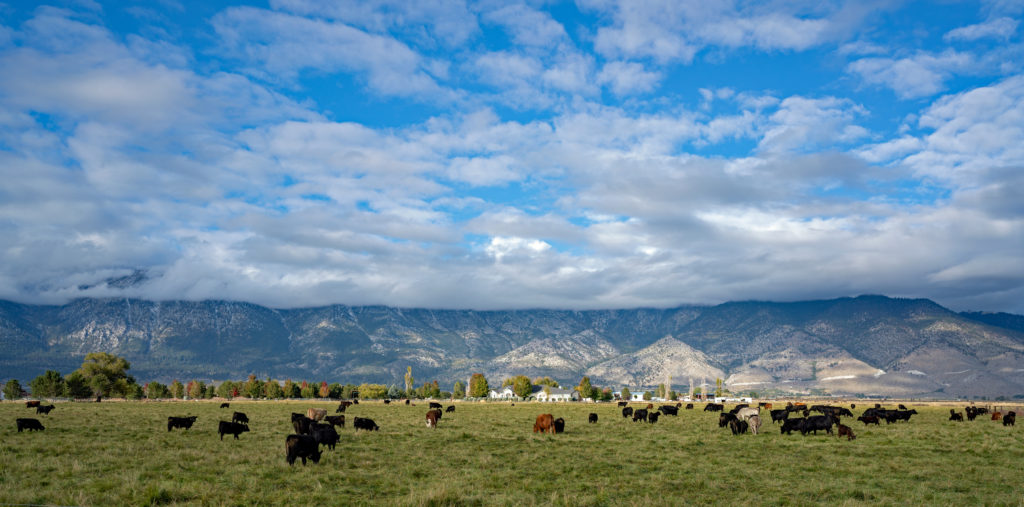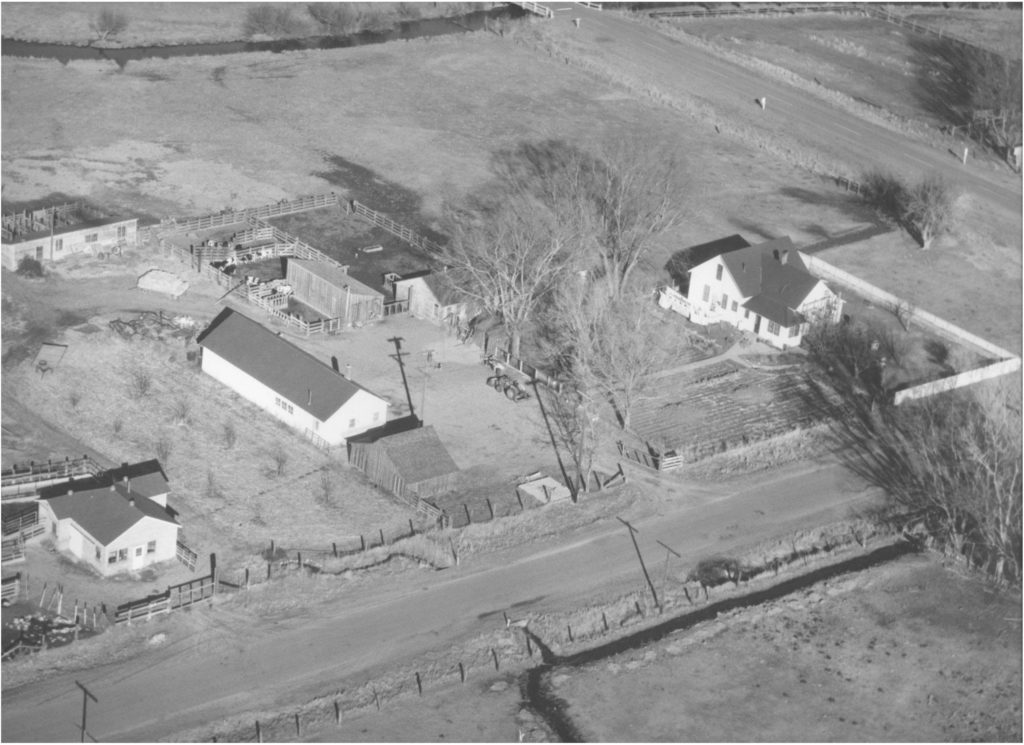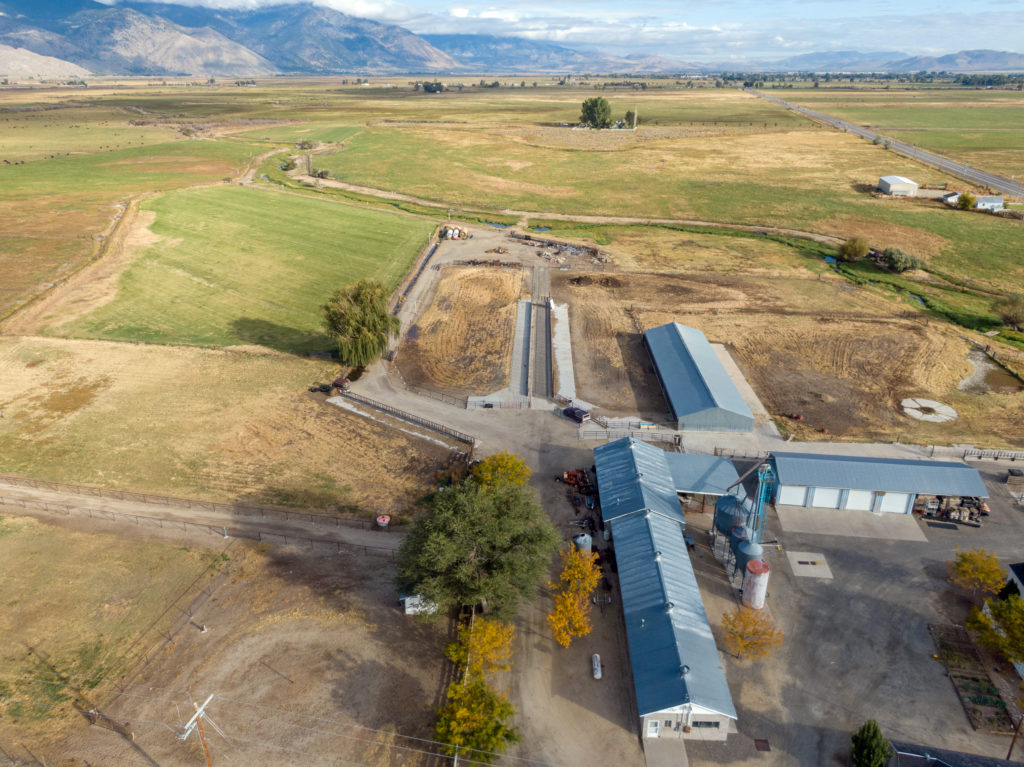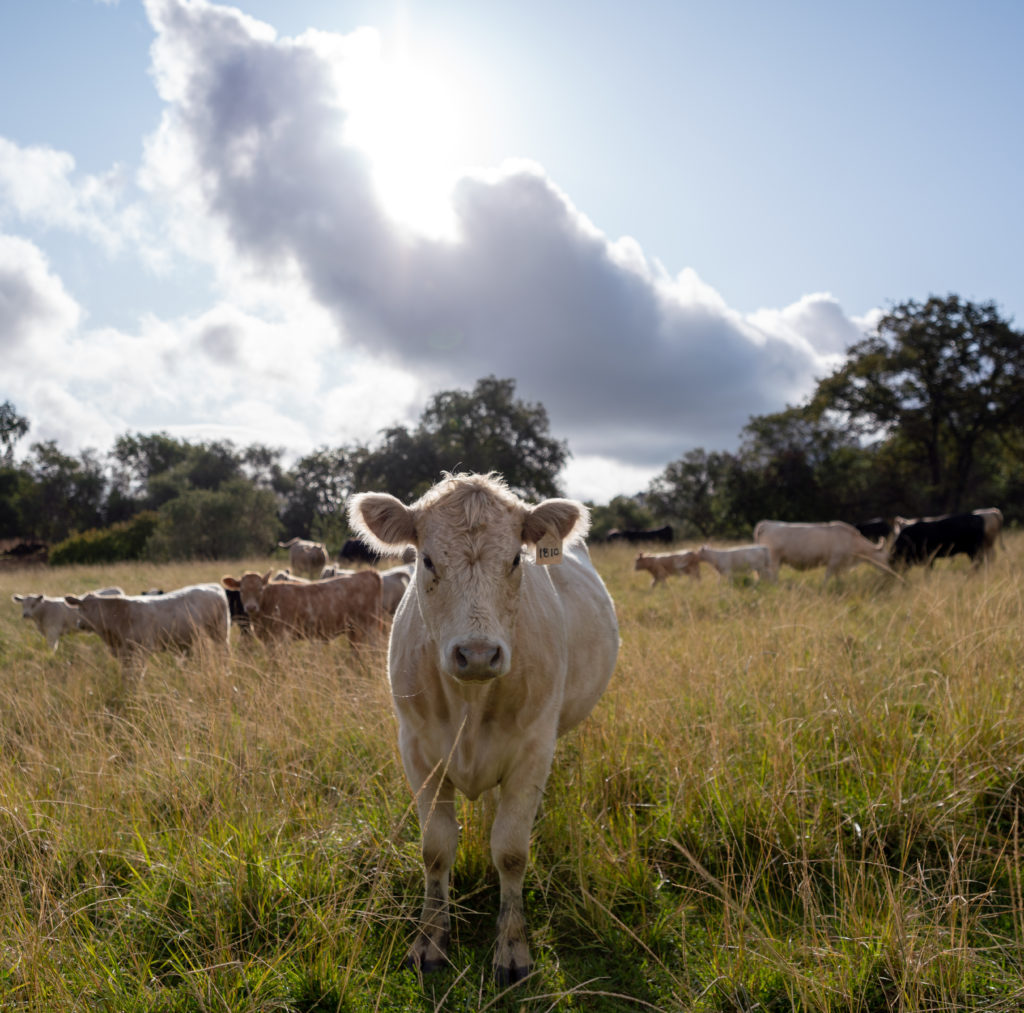Our mission, our vision, our promise
Carson Valley Meats’ mission is to preserve the agricultural character of the Carson Valley, promote the education of future generations of ranchers, and support local ranchers and producers in any way possible, including establishing a processing facility for local ranchers and livestock producers to process locally so that our neighbors and surrounding communities may purchase regionally sourced meats.
Our Carson Valley Meats Ranch Boxes are a way to connect our local community with our regional food producers. Our proposed facility in the area zoned specifically for general industrial purposes will support the “Farm to Table” movement by providing a viable local alternative for both the producer AND the consumer. This operation will reduce the cost of production of meat for local ranchers and provides a high-quality, fresh source of meat for area residents.
We are here to give the ranchers and producers the support they need so they can keep our valley full of open space, preserve the agricultural way of life and provide our region with the highest quality locally produced products.





